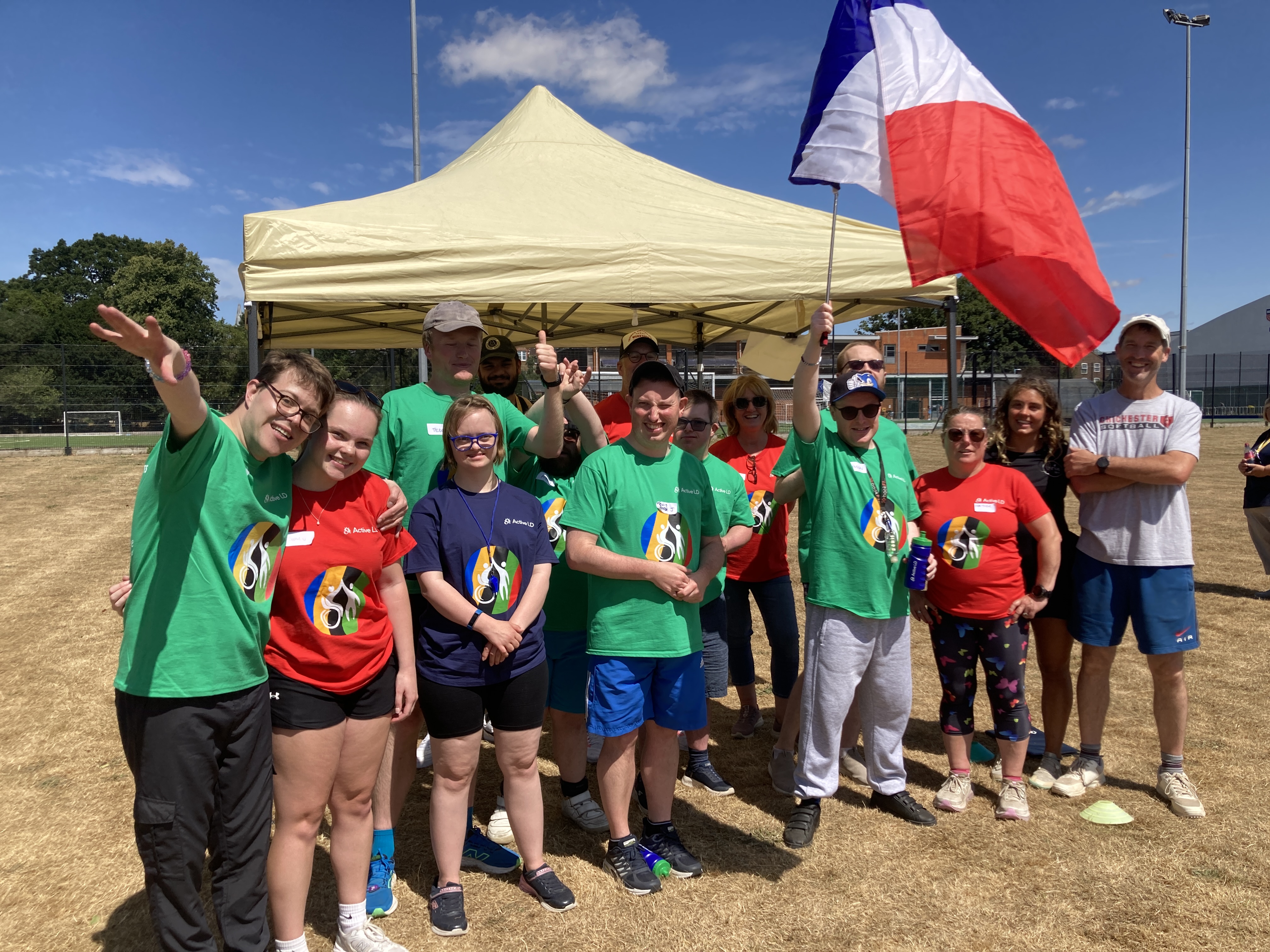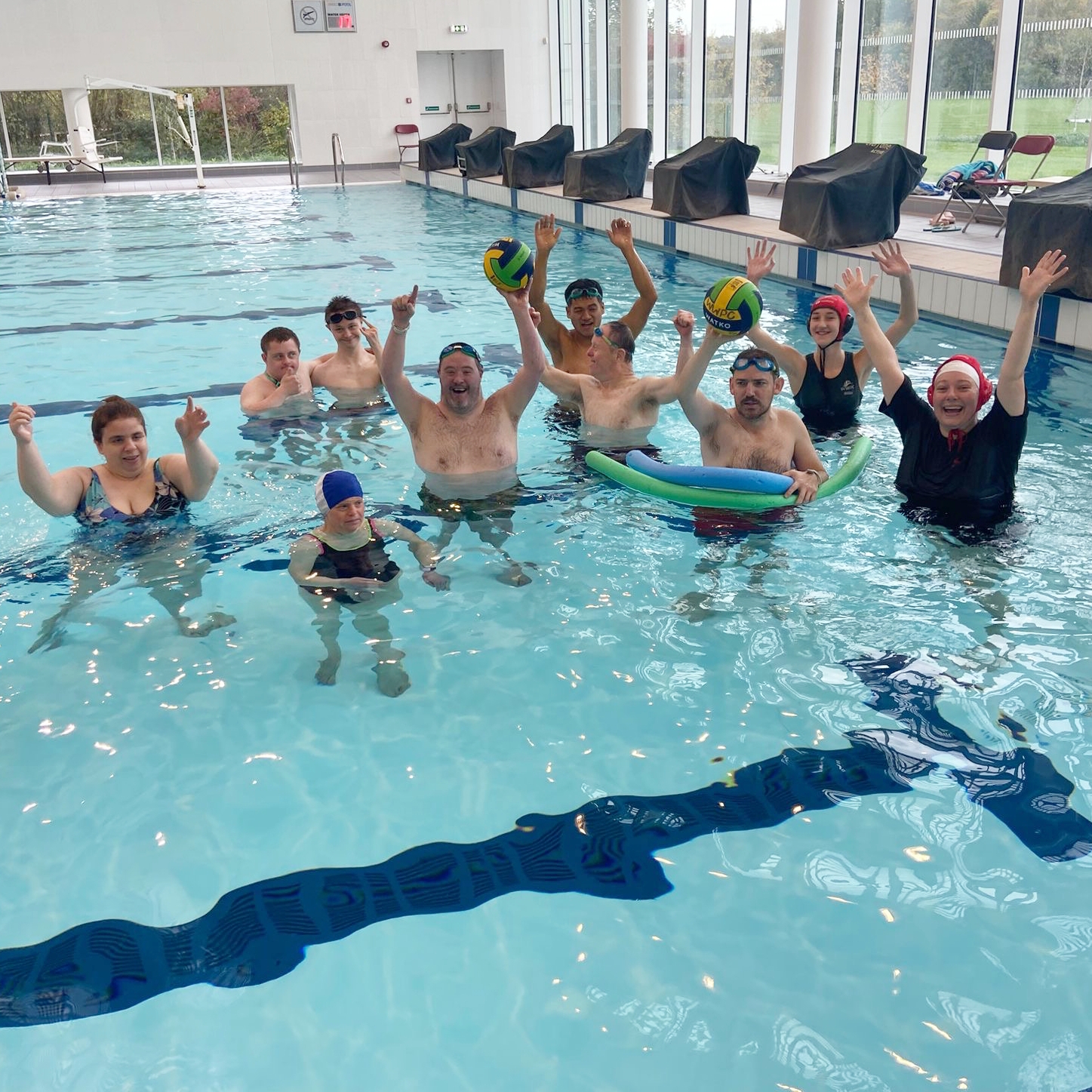More than 80% of adults with learning disabilities fall short of nation-recommended physical activity - putting their health, independence, and wellbeing at serious risk. (GOV.UK)
Physical activity is a proven way to support healthy, happy and fulfilled lives.
At Active LD, we empower people with learning disabilities to unlock their potential through being active.
Guided by our Learning Disabled Advisors, we ensure every voice shapes what we do. Rooted in trust, inclusion, safety, and teamwork, we celebrate achievement and create opportunities where people with learning disabilities keep active, belong, and thrive.
Our vision in the words of our LD Advisors
"...Our goal is to help people with learning disabilities do exercise to keep fit, so they can feel good about themselves, be more confident, and stay happy and healthy..."
We are enormously grateful for donations to help us with our work. Thank you to our amazing supporters, including generous donors we couldn't thank personally. Your kindness is felt and hugely appreciated.
Please make donations via BACS payable to:
Active LD CIC
Account number: 80314430
Sort Code: 60 16 26
(Please also give us your contact details so we can properly say thank you).






